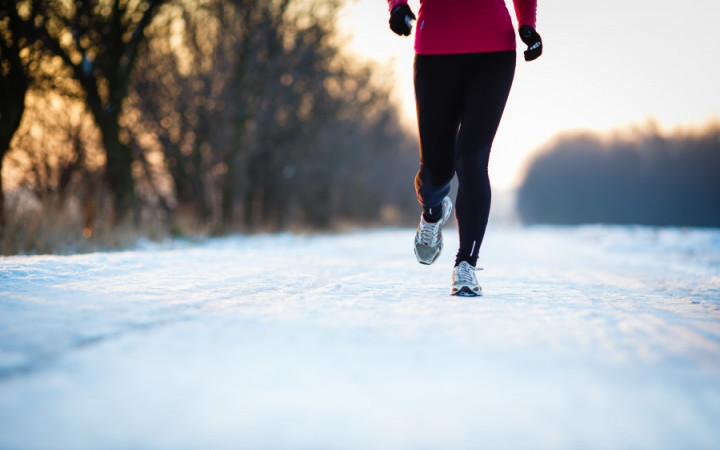The bell rings and you can't wait to get to the playground. As you run for the door, your teacher shouts a reminder to grab a jacket. After all, it's freezing outside! Old Man Winter has come to visit and temperatures are frigid.
You barely feel the cold as you engage in a raucous game of chase around the swings and the merry-go-round. In fact, you begin to sweat under your layers of clothing. But you keep running. The exercise is after sitting in the classroom for several hours.
Just as recess is wrapping up, you stop to catch your breath. You bend over and take several deep breaths of the cold air. That's when you realize your chest feels tight and your lungs burn a little.
What's the deal? It seems a little odd. Shouldn't cold air make your lungs feel cold? Instead, running or exercising in the cold often leads to a burning sensation in your chest. Why is that?
Don't worry! Breathing cold air isn't dangerous. All that cold air won't freeze your lungs. In fact, your body has special mechanisms in place to make sure that all the air that reaches your lungs is plenty warm and full of moisture.
When you breathe in cold air, tiny blood vessels in your trachea (more commonly known as the windpipe) and your nasal cavity warm the air to your body temperature. At the same time, cells that line these areas give up their moisture to humidify the air that's about to enter your lungs. This is important because cold winter air tends to be very dry.
Unfortunately, when those cells lining the trachea give up their moisture, they become dehydrated and irritated. This causes the burning sensation you often feel when you run or exercise in cold weather.
If you're breathing really hard in quick, short breaths, it can be difficult for your body to keep up with the process of warming and humidifying the cold air coming in. When this happens, some of the air you breathe may be cooler than body temperature. This cool air can also irritate the lungs and cause your airways to constrict.
In some people, the narrowing of their airways can even induce the symptoms of asthma. Doctors refer to this occurrence as exercise-induced asthma, and it can occur in people who otherwise never experience the symptoms of asthma.
If you're going to run or exercise in the cold, experts recommend you take a few steps to help protect yourself. First of all, stay hydrated. You sweat even when it's cold outside, and your body needs proper hydration to provide the moisture your cells need to humidify the air you breathe.
Furthermore, try to take long, deep breaths when you exercise. This will help your body keep up with the tasks of warming and humidifying the cool air. Finally, you might want to consider wearing a scarf around your throat and mouth. A scarf can help trap the moisture you otherwise lose when you exhale. As you breathe in the trapped moisture, your body has less work to do to humidify the cool air.




